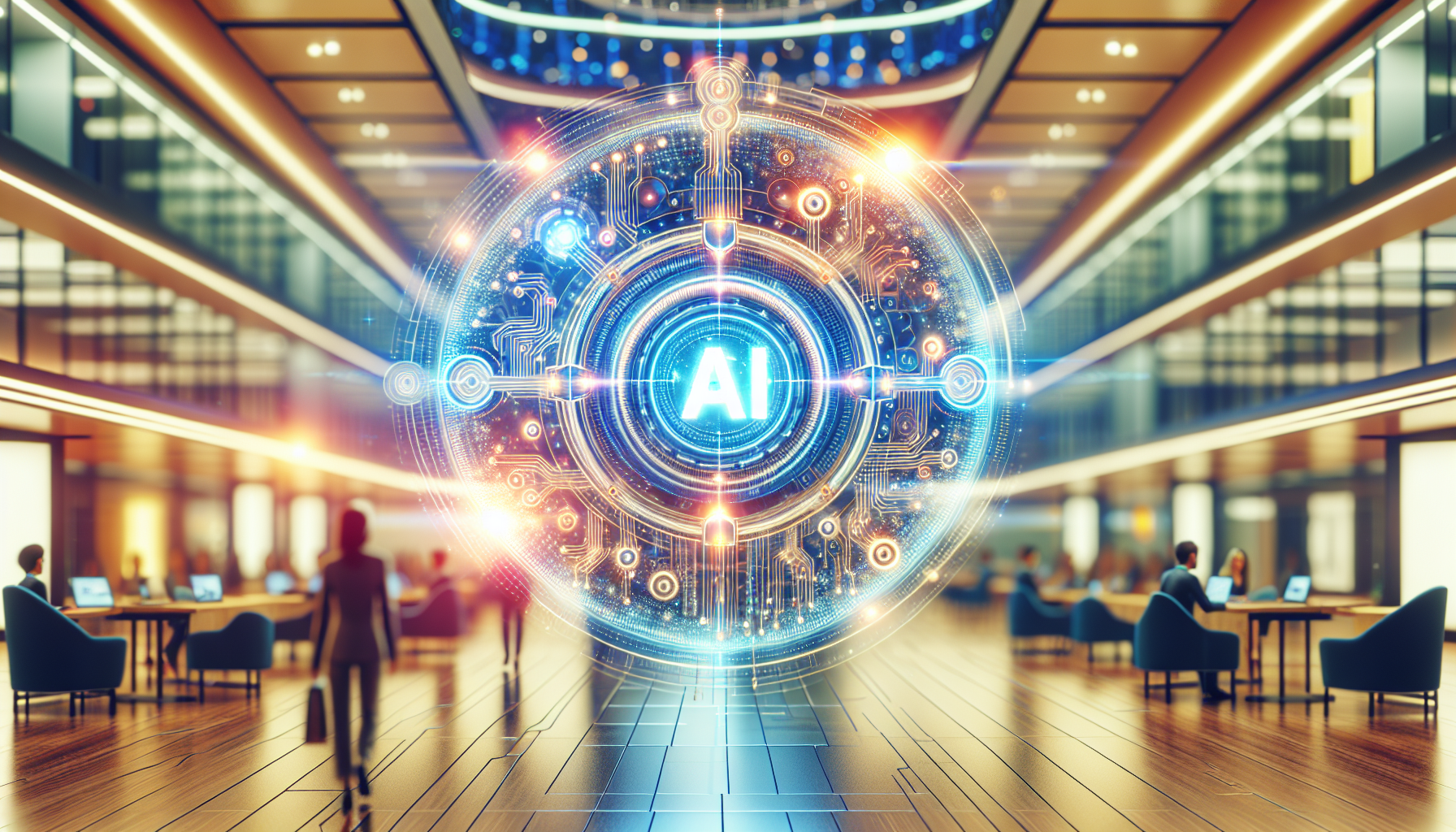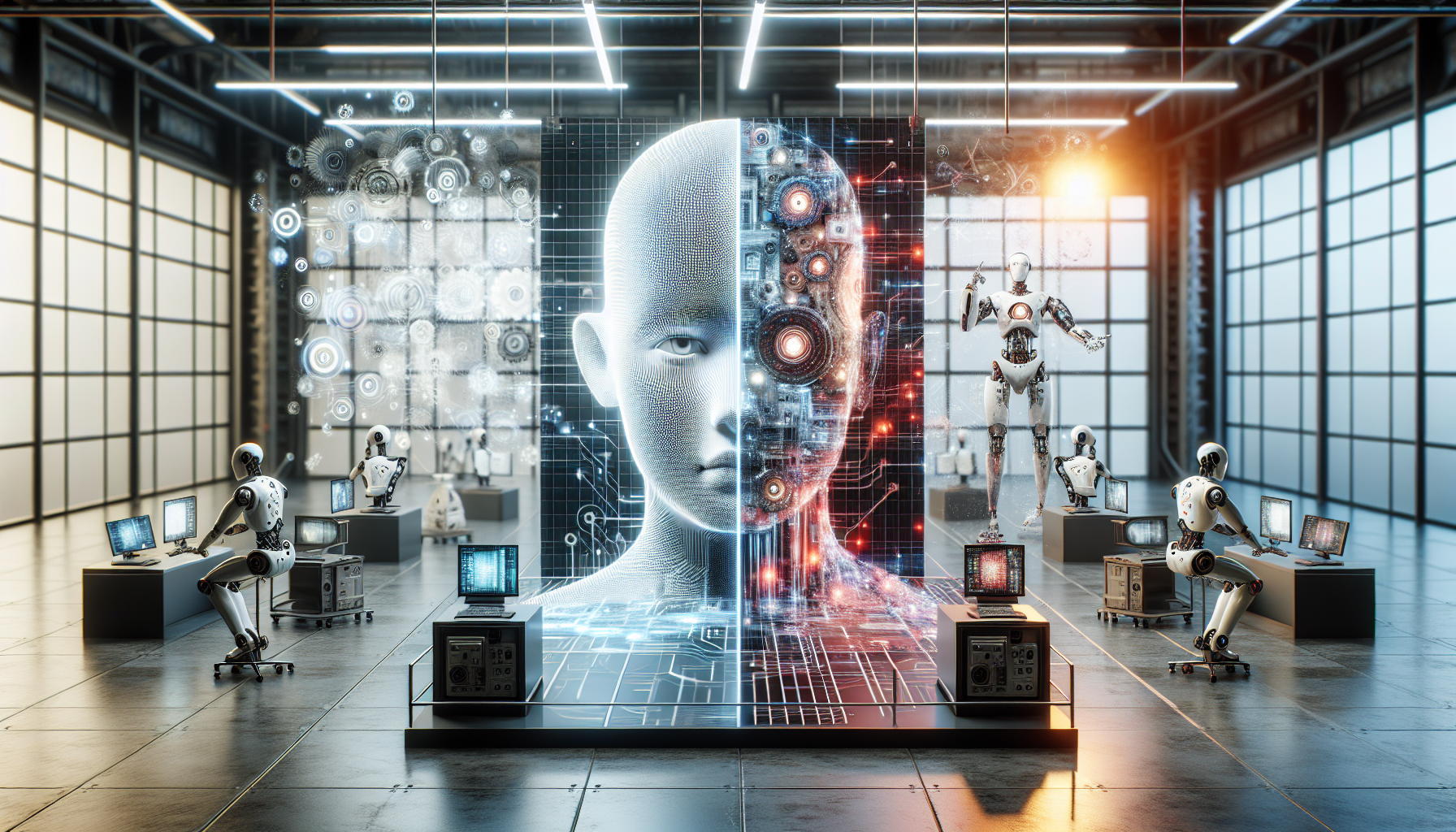
The Transformative Role of AI in Drug Discovery: A Historical Perspective
November 10, 2025
Artificial intelligence (AI) has not only fueled technological revolutions but has also significantly impacted the pharmaceutical industry, reshaping the processes of drug discovery and development. From the outset, the integration of AI in these fields promised to accelerate the identification of viable drug candidates, reduce costs, and ultimately save lives. The journey of AI in drug discovery is a compelling narrative of innovation, challenges, and breakthroughs that deserve our attention.
The story begins with the realization that traditional drug discovery methods were time-consuming and resource-intensive. The process often spanned over a decade, requiring significant financial investments and laborious trial-and-error experimentation. In response, the pharmaceutical sector turned to AI, leveraging its ability to process vast datasets and identify complex patterns that were previously imperceptible to human researchers.
Initially, AI's role was limited to simple tasks like data management and automation of routine procedures. However, as machine learning algorithms evolved, AI's capabilities expanded exponentially. One of the earliest breakthroughs was in the realm of virtual screening. By simulating interactions between drugs and their target proteins in silico, AI algorithms could predict the efficacy of compounds with remarkable accuracy. This approach dramatically reduced the number of physical experiments needed, accelerating the development timeline.
Moreover, AI has transformed the preclinical phase of drug development by enhancing our understanding of disease mechanisms. Through natural language processing and data mining techniques, AI systems can analyze scientific literature at an unprecedented scale. This has enabled researchers to uncover previously hidden connections between genes, diseases, and potential therapeutics, fostering a more targeted approach to drug design.
AI's ability to analyze complex biological data has also facilitated the identification of biomarkers, which are critical in drug development. Biomarkers serve as indicators of disease progression or therapeutic response, and their discovery traditionally relied on laborious laboratory experiments. AI, however, can sift through genomic, proteomic, and clinical data to identify promising biomarker candidates, thus streamlining the entire process.
One of the most compelling aspects of AI in drug discovery is its potential to democratize the field. Historically, drug development has been dominated by large pharmaceutical companies with substantial resources. However, AI tools have become increasingly accessible, enabling smaller biotech firms and academic researchers to compete on a more level playing field. This democratization fosters innovation and collaboration, as diverse entities bring unique perspectives and expertise to the table.
Despite these advancements, the journey of AI in drug discovery is not without challenges. One of the primary obstacles is the quality and diversity of data used to train AI models. AI systems are only as good as the data they are built upon. Thus, ensuring comprehensive and unbiased datasets is crucial to prevent skewed results and erroneous conclusions. Additionally, the integration of AI into regulatory pathways poses significant hurdles. Regulatory agencies must adapt to evaluate and approve AI-driven methodologies, which often lack precedent in traditional frameworks.
AI's role in drug discovery is not static but continuously evolving. The advent of deep learning and neural networks has further expanded AI's potential, enabling the modeling of intricate biological processes at a molecular level. These advancements hold promise for personalized medicine, where treatments are tailored to an individual's genetic makeup and lifestyle.
Perhaps the most exciting frontier is the potential for AI to predict adverse drug reactions, a significant challenge in clinical trials. By analyzing patient data alongside historical trial outcomes, AI can identify patterns that suggest potential side effects, allowing researchers to mitigate risks before human testing.
As the narrative of AI in drug discovery unfolds, it invites us to consider broader ethical and societal implications. How do we ensure that AI-driven discoveries benefit all segments of society? What safeguards are necessary to maintain transparency and accountability in AI-assisted drug development? These questions highlight the need for ongoing dialogue and collaboration among scientists, policymakers, and ethicists.
In the grand tapestry of scientific progress, AI's role in drug discovery is a testament to human ingenuity and the relentless pursuit of knowledge. As we stand on the cusp of unprecedented medical breakthroughs, we must embrace the potential of AI while remaining vigilant about its challenges. The future of drug discovery is not just about technological advancement but about harnessing the power of AI to create a healthier, more equitable world.


